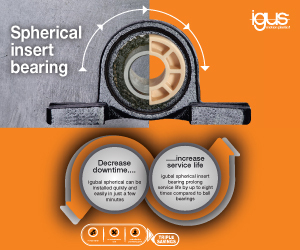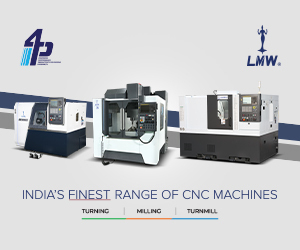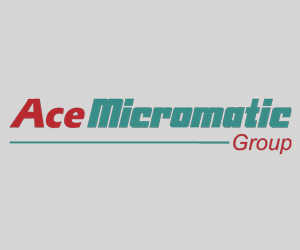
Specialty chemicals company Lanxess is expanding its Gastonia, North Carolina, compounding facility for high-tech plastics by adding a second production line. The expansion represents an investment volume of about US$15 million and will double the existing capacity from 20,000 to 40,000 metric tonnes annually. Construction for the second line is expected to commence in the second half of 2014 with production scheduled to begin in early 2016.
The Lanxess Gastonia facility produces the high-tech plastics Durethan (polyamide) and Pocan (polybutylene terephthalate), which allow automotive engineers to design lighter-weight plastic components to replace metal parts in cars, contributing to fuel efficiency and reduced emissions.
"The United States is the leading market for high-tech plastics, with the automotive industry at the forefront," said Lanxess Corporation President and CEO Flemming B. Bjoernslev. "Automotive industry sales are at their highest level in almost ten years and by adding the second line in Gastonia, we are underlining our ongoing commitment to our customers."
Lightweight automotive construction driving demand for high-tech plastics in plastic-metal hybrid and composites technologies that enable engineers to cost efficiently reduce part weight in automobiles by replacing metal ones with high-tech plastic parts. A lightweight design can reduce weight by 10 to 50 percent, depending on the component. The growing demand for high-tech plastic applications is being driven by rising car production above all and the trend towards more fuel efficient automobiles. In the United States, the demand for high-tech plastics is expected to increase by roughly seven percent per year through 2020.
Automotive manufacturers are working to meet CAFE standards that will require an average fleet-wide fuel efficiency of 54.5 miles per gallon be reached by 2025, an increase of approximately 5 percent every year for cars.
"Our lightweight high-tech materials are essential to helping manufacturers reduce vehicle weight and achieve higher fuel economy standards," said Jens Fischer, General Manager of Lanxess' business unit High Performance Materials (HPM). "This investment will allow us to increase our competitiveness as a premium supplier and cater to the growing market demands."





































